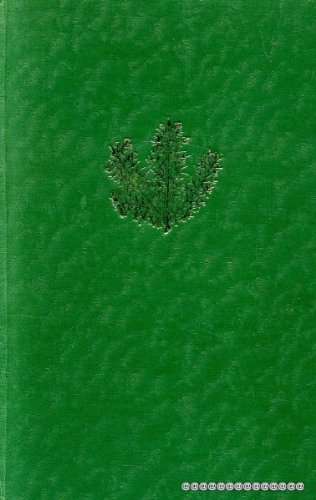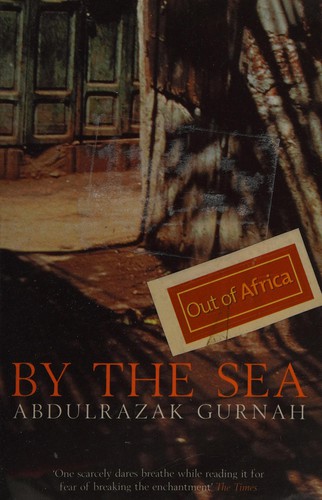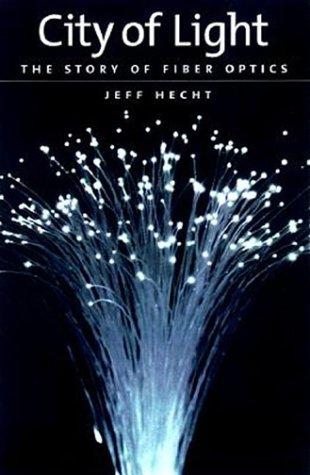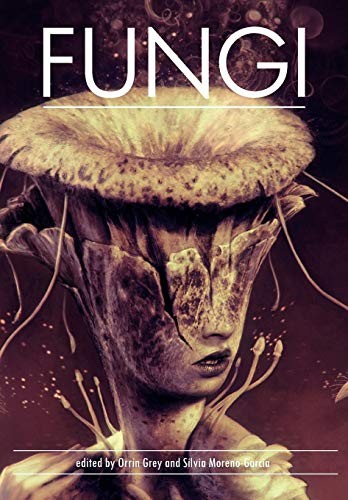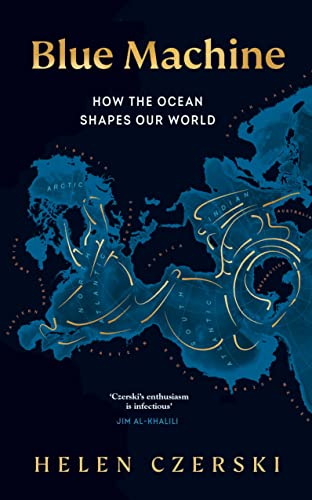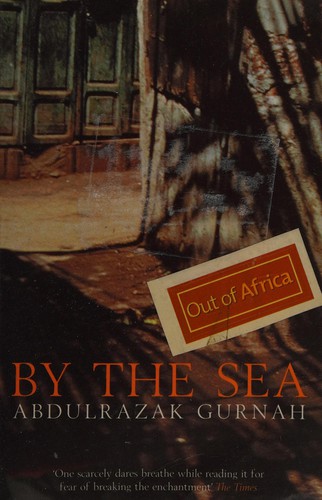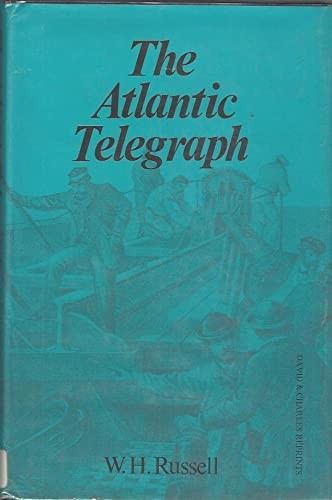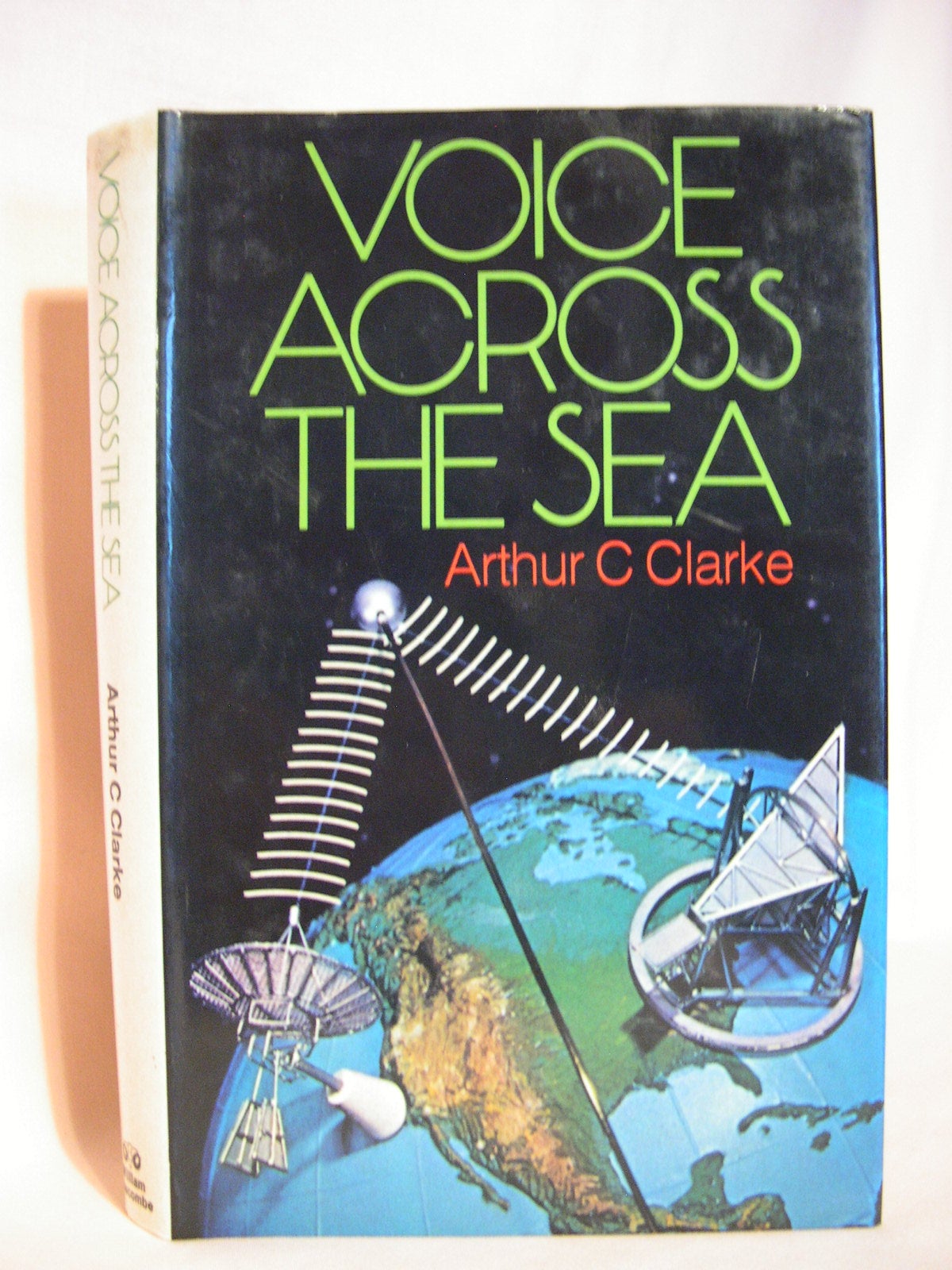I can't remember where I spotted this book. In a list somewhere online maybe, or in a bookshop. In any case, I got a copy from the library to have a look.
Reviews and Comments
I arrange things into artworks, including paint, wood, plastic, raspberry pi, people, words, dialogues, arduino, sensors, web tech, light and code.
I use words other people have written to help guide these projects, so I read as often as I can. Most of what I read is literature (fiction) or nonfiction on philosophy, art theory, ethics and technology.
Also on Mastodon.
This link opens in a pop-up window
Fionnáin started reading Animals in That Country by Laura Jean Mckay
Fionnáin reviewed By the sea by Abdulrazak Gurnah
Untangling postcolonial complexity
5 stars
It's often said that Herman Melville's Moby Dick has the perfect opening sentence, setting the scene for what is to come: "Call me Ishmael". In these three words, the narrator is revealed as a first person narrator, and as an unreliable source, giving a fake name. In By The Sea Abdulrazak Gurnah references Melville regularly through a short story Bartleby the Scrivener, which we learn at a poignant moment in this book also has different ways it can be interpreted.
By The Sea is an incredible tapestry. It has two first-person narrators. We meet the first as an old man, having arrived from Zanzibar to England, claiming asylum and pretending he does not speak English. Later, we meet the second, a younger man who arrived for refuge many years before who is now a successful academic. They once knew each other, and were entangled in family feud at home, …
It's often said that Herman Melville's Moby Dick has the perfect opening sentence, setting the scene for what is to come: "Call me Ishmael". In these three words, the narrator is revealed as a first person narrator, and as an unreliable source, giving a fake name. In By The Sea Abdulrazak Gurnah references Melville regularly through a short story Bartleby the Scrivener, which we learn at a poignant moment in this book also has different ways it can be interpreted.
By The Sea is an incredible tapestry. It has two first-person narrators. We meet the first as an old man, having arrived from Zanzibar to England, claiming asylum and pretending he does not speak English. Later, we meet the second, a younger man who arrived for refuge many years before who is now a successful academic. They once knew each other, and were entangled in family feud at home, but the complexity of this is only slowly teased out to us as readers. A short way into the book, you feel you have a complete narrative; by the end, you wonder if you even have a fraction of the truth.
Within the family and personal reflections, there is a clear consideration of the complexity of perspective in a post-colonial space. Regularly referencing Burton's translations of the stories of The Arabian Nights, it positions itself as a story that cannot escape its colonisation. This creates vitriol and paranoia in place and people, with different views on what can be interpreted as the truth always competing. Even as the book draws to a close, there is a hint that the first narrator is manipulating us and his colleague, but nothing is revealed.
Fionnáin started reading Under the Skin of the World by Zoe Anderson
Fionnáin started reading City of light by Jeff Hecht
I'm researching the history and contemporary social effects of sub-sea cables and wanted some information about the history of fibre optics. It's surprisingly hard to find books on this, considering it's a pretty major part of 20th Century technological development, but I spotted this out-of-print book online and it looked interesting. In the end, I ordered a copy direct from the author, who is selling the last few of his own stock. It took a circuitous route to me across the Atlantic, following a similar path to the sub-sea cables that I am researching (and taking nearly three weeks to make the journey by airplane and customs offices!).
Fionnáin wants to read Fungi by Silvia Moreno-Garcia
Added as 'to read' after reading the review by @cblgh@bookwyrm.social
Fionnáin started reading Blue Machine by Helen Czerski
Fionnáin reviewed Our Grateful Dead by Stephen Muecke
Where death goes next
4 stars
Philosopher Despret has an extraordinary ability to shift perspectives on any given topic. Usually her writing centres on how we observe animals or other nonhuman critters, and where bias comes into this. Here, she follows a different path, similarly considering how rationalistic philosophy influences behaviours, but instead applying it to grief. Anchored with chapters about her own search for information about a great-granduncle who died in a train crash, Despret combines philosophy and stories from oral research about how people communicate with the dead.
As always, Despret seems to open up cracks and bring us deep into them. The writing is immaculate and spins a good yarn, but it also asks deep questions. Essentially, it begins to position a person's death as a moment in their life, not necessarily the last one. But the performance after death might not include that person directly (they are 'instaurated' instead). This idea fascinates …
Philosopher Despret has an extraordinary ability to shift perspectives on any given topic. Usually her writing centres on how we observe animals or other nonhuman critters, and where bias comes into this. Here, she follows a different path, similarly considering how rationalistic philosophy influences behaviours, but instead applying it to grief. Anchored with chapters about her own search for information about a great-granduncle who died in a train crash, Despret combines philosophy and stories from oral research about how people communicate with the dead.
As always, Despret seems to open up cracks and bring us deep into them. The writing is immaculate and spins a good yarn, but it also asks deep questions. Essentially, it begins to position a person's death as a moment in their life, not necessarily the last one. But the performance after death might not include that person directly (they are 'instaurated' instead). This idea fascinates me, and I love how it is threaded together. A couple of later chapters on séances and communing with the dead carry interesting moments but don't hold the argument as well as the others, but overall this is another golden book from a philosopher who influences me every day.
A push for progress
2 stars
I admit that I expected not to be completely taken with this book before I even began it. I am seeking some information on the history and manufacture of fibre-optic cables, and this was the only book available through my local library. The sub-title told me that it is a very US-centred book, and this proved to be the case. So while this is not for me, it might be the perfect book for someone interested in that case.
The style is journalistic and moves at an OK pace, although some of the anecdotal cases used are not really very interesting. The first two chapters tell of a journey to South Korea and then to New York to see a fibre-connected rural place in the former, and the manufacturing process in the latter. Beyond this, Crawford pushes a policy perspective, insisting from a US standpoint that fibre-optic is as important …
I admit that I expected not to be completely taken with this book before I even began it. I am seeking some information on the history and manufacture of fibre-optic cables, and this was the only book available through my local library. The sub-title told me that it is a very US-centred book, and this proved to be the case. So while this is not for me, it might be the perfect book for someone interested in that case.
The style is journalistic and moves at an OK pace, although some of the anecdotal cases used are not really very interesting. The first two chapters tell of a journey to South Korea and then to New York to see a fibre-connected rural place in the former, and the manufacturing process in the latter. Beyond this, Crawford pushes a policy perspective, insisting from a US standpoint that fibre-optic is as important to rural places as telephone or electricity were in the 20th Century. This comes from a techno-utopic perspective, and while I agree that a fibre roll-out does benefit rural places (I live in such a place, and it is a massive advantage for work), there is a distinct lack of critique about who and what this 'progress' advantages. Big claims such as that inequality can't be fixed without fibre-optic internet may at least do state that technology is not the only factor. Yet such claims are from a perspective that never seems to consider any negative to such connectivity. Perhaps the negatives are not there, but I prefer to see some critique in a text like this.
Wanted a book about the history of fibre optics and this was the only one I could find in the library.
Fionnáin started reading The Machinic City by Marcos P. Dias
As human and machine agency become increasingly intermingled and digital media is overlaid onto the …
Written by an old lecturer of mine who I really appreciate. Just out on paperback so finally affordable, so I got a copy.
Fionnáin started reading By the sea by Abdulrazak Gurnah
A living document
No rating
WH Russell was a journalist for The Times in 1865, when he was asked to join the crew of The Great Eastern as it travelled from Valencia Island, Ireland to Heart's Content, Newfoundland, trailing the fifth attempted transatlantic telegraph cable.
As a journalist, Russell was a storyteller who enjoyed drama and details. Early in the book, he goes quite deep into the technical side of the cable, the materials involved, and the people who made it all happen. The later chapters are particularly enjoyable as a living descriptive memory of event, beautifully describing storms at sea, how the engineers responded to problems, and how people ashore celebrated the voyage, and lamented its failure. The effort was a fifth cable lost at sea, but laid the groundwork for a success the following year, and the fifth was later dredged from the sea floor and made active so the journey was far …
WH Russell was a journalist for The Times in 1865, when he was asked to join the crew of The Great Eastern as it travelled from Valencia Island, Ireland to Heart's Content, Newfoundland, trailing the fifth attempted transatlantic telegraph cable.
As a journalist, Russell was a storyteller who enjoyed drama and details. Early in the book, he goes quite deep into the technical side of the cable, the materials involved, and the people who made it all happen. The later chapters are particularly enjoyable as a living descriptive memory of event, beautifully describing storms at sea, how the engineers responded to problems, and how people ashore celebrated the voyage, and lamented its failure. The effort was a fifth cable lost at sea, but laid the groundwork for a success the following year, and the fifth was later dredged from the sea floor and made active so the journey was far from wasted.
The prints by artist Robert Dudley bring the words even further to life, and give some idea of scale that the words could never manage. He was a brilliant collaborator and deserves equal credit on this book.
Fionnáin reviewed VOICES ACROSS THE SEA by Arthur C. Clarke
Written through water, air and time
3 stars
Arthur C Clarke is surely most famous today as a science fiction author, so it came as some surprise to me that he was not only an accomplished nonfiction author, but also an academic whose thesis on satellite communication laid the groundwork for all satellites today. As a writer, he uses a playful and heroic tone, like Bill Bryson or similar authors who value delivery of information over cold, hard facts.
The writing throughout is very accessible and mostly enjoyable. Starting with the story of the first few transatlantic cable attempts and their failures, Clarke tells the story up to the eventual successes and on into the 20th Century telephone cables and radio satellites. He writes with humour and wit, creating characters from historical figures, although he did tend to sugar-coat many of these people, or denigrate some, making heroes and villains of historical figures. To his enormous credit, Clarke …
Arthur C Clarke is surely most famous today as a science fiction author, so it came as some surprise to me that he was not only an accomplished nonfiction author, but also an academic whose thesis on satellite communication laid the groundwork for all satellites today. As a writer, he uses a playful and heroic tone, like Bill Bryson or similar authors who value delivery of information over cold, hard facts.
The writing throughout is very accessible and mostly enjoyable. Starting with the story of the first few transatlantic cable attempts and their failures, Clarke tells the story up to the eventual successes and on into the 20th Century telephone cables and radio satellites. He writes with humour and wit, creating characters from historical figures, although he did tend to sugar-coat many of these people, or denigrate some, making heroes and villains of historical figures. To his enormous credit, Clarke was clearly deeply knowledgeable on communications technologies, forming links that only a very well informed author could.
Like many books of the past (this was originally published in the 1950s), it is a relic itself and is both interesting as a research work and as a snapshot of how a male British writer thought at that time. As such, he also includes some howlers of "jokes" that would have been unacceptable to many in the 1950s and are totally abhorrent now (such as one about the poor behaviour of a Chilean "Indian" boy, for example). And I don't remember a single mention of any woman in the book, even to acknowledge their keeping families of all of the "important men", a shortcoming I'd hope would not happen today.

